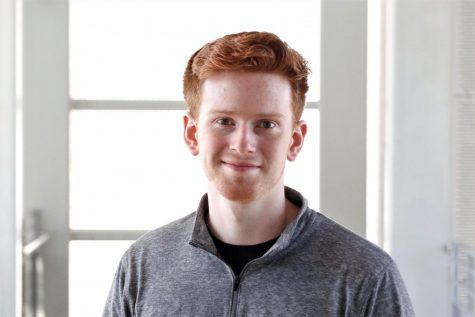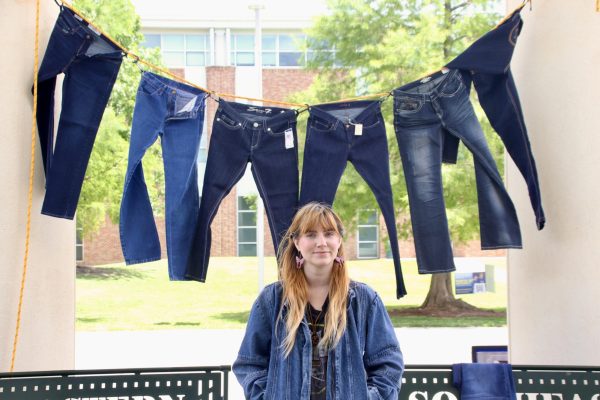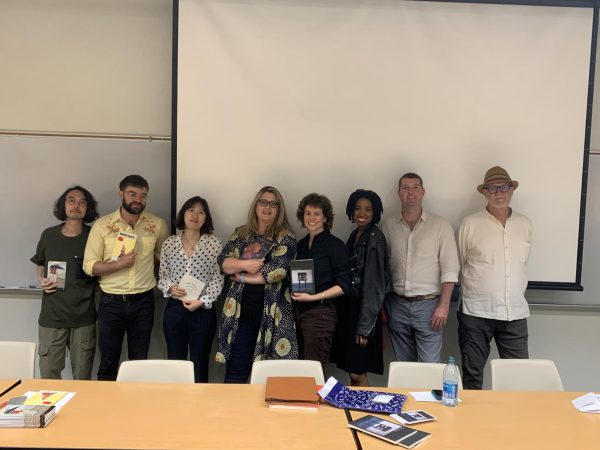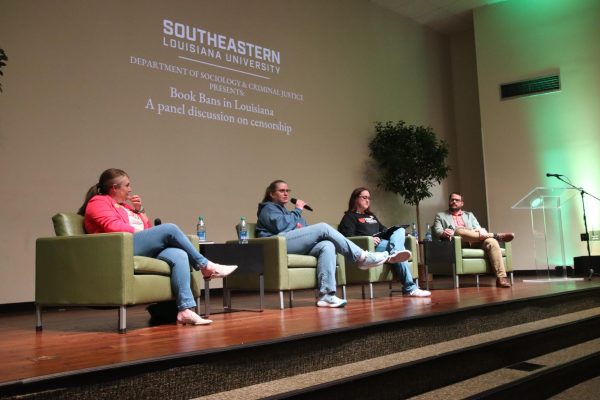LINK eases personal tensions
Within a year and half of its creation, a mental health resource has grown to help hundreds of students and faculty.
The Lion Intervention Network is a tool sponsored by the Office of Student Advocacy and Accountability and is designed to connect students and faculty with the guidance that they need. This encompasses academics, financial assistance, tuition and personal and social concerns.
Blake Thomas, interim director of OSAA, shared that a member of OSAA will respond to a student’s needs during normal office hours.
“Once a report is submitted, a staff member from the Office of Student Advocacy and Accountability will reach out to the student reported,” explained Thomas. “Once we are in contact with the student reported, OSAA is able to offer campus and off-campus resources to the student.”
In the fall 2017 semester, 80 LINK reports were filed. Last fall semester, however, the LINK program saw an increase with an estimated 325 reports.
“We believe the increase is due to the growing awareness of the program for faculty and staff as it is only about one year in its implementation,” expressed Thomas. “We conducted several presentations for faculty and staff over the last year, making them aware of the benefits of the LINK program.”
Thomas shared that although the challenges that students face are not specific to the university, LINK has offered students an avenue to handle issues such as homelessness, anxiety, travel concerns and food insufficiency.
Thomas said, “This avenue for reporting has not only made the university more aware of issues students are facing on our campus, but also has provided a space for reporting these concerns so we are able to contact these students and provide them with the appropriate resources to aid in their success.”
According to the article “By the numbers: Stress on campus” published by the American Psychological Association in 2017, 61 percent of college students who sought counseling reported anxiety. 49 percent of students reported depression. 31 percent said that they dealt with family issues, and 28 percent sought guidance due to academic concerns.
According to Thomas, students who wish to keep their identity concealed can still file a report through LINK.
“LINK can be completely anonymous if you are concerned with your peers finding out that you submitted a LINK report,” explained Thomas. “OSAA is only able to provide resources to students we are made aware of through this process, so reporting is vital to the program’s success.”
If a student believes that someone else is going through a challenging time but not reaching out for help, a report can be submitted for that individual.
“Students are typically aware of challenges faced by their peers,” said Thomas. “We encourage students, along with faculty and staff, to submit a LINK report for students they believe are going through a difficult time so OSAA can provide necessary resources.”
For a critical emergency, Thomas urged students to seek immediate assistance.
Thomas stated, “If you are aware of a life-threatening emergency, call the UPD immediately rather than attempting to complete a LINK report.”
Your donation will support The Lion's Roar student journalists at Southeastern Louisiana University.
In addition, your contribution will allow us to cover our annual website hosting costs.
No gift is too small.

Jacob Summerville, a history and political science major, has worked at The Lion's Roar since September 2017. A native of Greenwell Springs, LA, Jacob...






